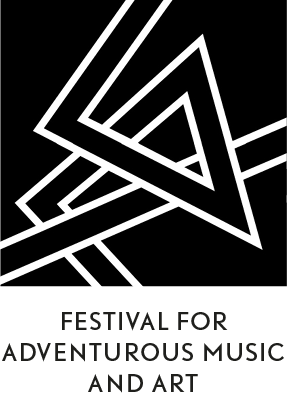Festival Editions

Psychoacoustics in Artistic Practice
Kunstquartier Studio 1, Mariannenplatz 2, 10997 Berlin → MapTickets: 3 € / 6 € day pass (at the door)
29
ThuComposers have always worked with the effect of sound. But what is the difference when one actively and consciously applies psychoacoustic knowledge to composition? Marcus Schmickler, Stefan Weinzierl, and Alberto de Campo discuss the brain’s relation to sound, the relation between objectivation and subjective perception, the interplay between harmonics and spectral characteristics, as well as auditory stream segregation among other topics.
Providing sound examples throughout, the roundtable also dives into an introduction to psychoacoustics from a scientific point of view, giving examples of practical applications.
Alberto de Campo[AT/DE]
Alberto de Campo (born 1964) studied classical composition with Andrej Dobrowolski, Georg Haas, and Beat Furrer; Jazz guitar with Adelhard Roidinger and Peter O'Mara; and electronic music with Curtis Roads and Stephen Travis Pope. After being a Visiting Scholar and Research Director at CREATE (UC Santa Barbara), he taught at IEM Graz (Austria), at the Academy for Media and Arts (KHM) in Cologne, Germany, and, as an Edgard Varèse guest professor for Elektronic Music at Technical University Berlin.
Marcus Schmickler[DE]
Cologne-based multifaceted composer and producer Marcus Schmickler’s interests revolve around the brain and its adaptation to multiple auditory stimuli. From explorations of difference tones to stimulations of otoacoustic emissions produced by the cochlea, Schmickler’s work exists in the liaison between performance and science.
Stefan Weinzierl[AT]
Stefan Weinzierl, born 1967 in Bamberg, received degrees in Physics and Sound Engineering at the University of Erlangen-Nuremberg, the Berlin University of the Arts and the University of Technology in Berlin (TU Berlin). His PhD in Musicology with Helga de la Motte-Haber was dedicated to the dependence on spatial acoustics by and practices of musical performance for classical viennese symphonies.

